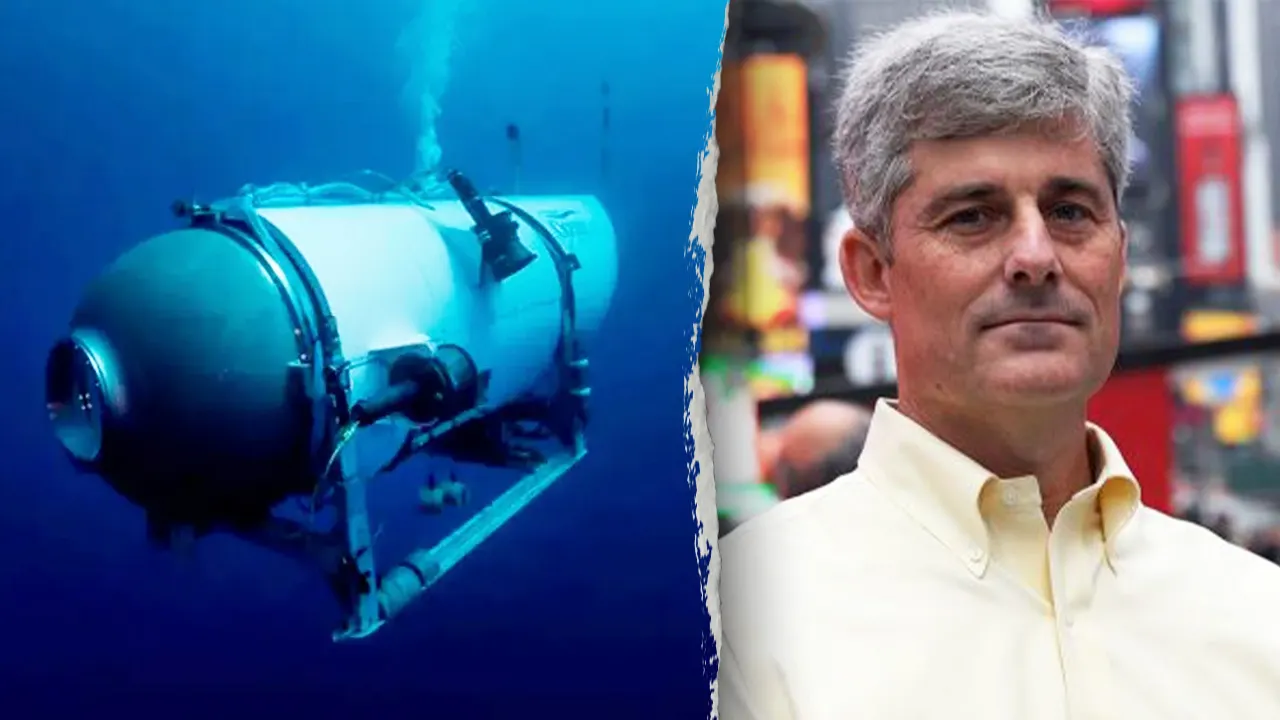Explosive new report blames OceanGate and its CEO for ‘preventable’ Titan sub disaster
Report Blames OceanGate CEO for Titan Disaster

A comprehensive report from the U.S. Coast Guard has revealed that the Titan submersible disaster, which claimed the lives of five individuals, was preventable. The 335-page document attributes the tragedy to a flawed design and ignored safety warnings, placing significant blame on OceanGate CEO Stockton Rush. This marks the first official acknowledgment of responsibility for the incident, which occurred during a dive to the Titanic wreck in June 2023.
Flawed Design and Ignored Warnings
The U.S. Coast Guard’s investigation into the Titan disaster has concluded that the submersible’s catastrophic implosion was largely due to a series of design flaws and a culture of negligence within OceanGate. The report highlights that Stockton Rush, who was piloting the Titan at the time of the incident, dismissed critical safety concerns raised by engineers regarding the vessel’s carbon fiber hull. Despite warnings about the hull’s structural integrity, Rush insisted on using a design that had previously failed tests and was deemed unsafe for the depths required to reach the Titanic.
According to the report, the Titan’s viewport was only rated for depths of 2,130 feet, significantly less than the 12,500 feet needed for the dive. Jason Neubauer, chair of the Coast Guard’s Marine Board of Investigation, stated, “This marine casualty and the loss of five lives was preventable.” The investigation identified multiple factors contributing to the disaster, including a toxic workplace culture and inadequate safety protocols for deep-sea exploration.
The report also revealed that Rush’s leadership style created an environment where safety concerns were routinely ignored. OceanGate’s engineers had raised alarms about the carbon fiber hull’s safety margin, but these warnings were sidelined. The investigation found that the hull suffered from fatigue and delamination before the fatal dive, indicating a clear disregard for safety standards.
Calls for Regulatory Changes and Accountability
The findings of the Coast Guard report have prompted calls for significant changes in the regulation of deep-sea exploration. The investigation noted that U.S. regulatory authorities, including the Coast Guard and the National Transportation Safety Board, lacked jurisdiction over the Titan because it operated in international waters and was registered in the Bahamas. As a result, the report advocates for new legislation to expand U.S. oversight of commercial submersibles carrying American passengers.
UK Ship Master Gets Suspended Sentence, Company Fined £180,000 in Fatal Baltic
In addition to regulatory changes, the report calls for the establishment of international safety standards for deep-sea vessels and a ban on unclassified passenger vessels operating at extreme depths. It also suggests creating a national registry for submersibles and refers potential legal violations to the Justice Department for further investigation.
The Titan disaster not only resulted in the tragic loss of five lives, including prominent figures like U.K. billionaire Hamish Harding and French explorer Paul-Henri Nargeolet, but it also serves as a stark reminder of the importance of safety in experimental engineering. The report emphasizes that had OceanGate adhered to its own safety protocols and fostered a culture of transparency, the tragedy could have been avoided.
